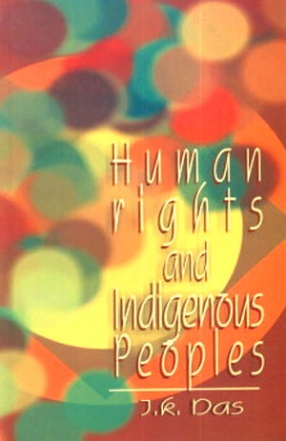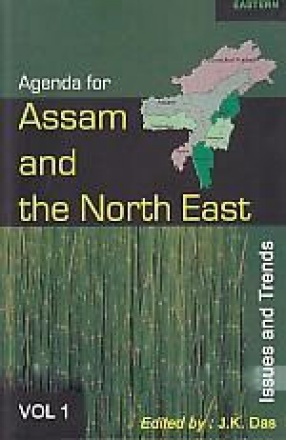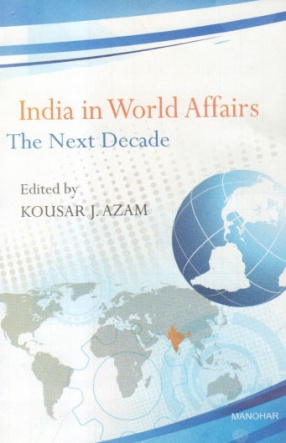In Human Rights and Indigenous Peoples, Dr. J.K. Das explores the evolution and recognition of law, at both the domestic and international levels, related to indigenous peoples–culturally distinctive groups that are descended from the original inhabitants of lands now dominated by others. Dr. Das demonstrates that at the international level modern human rights program has been responsive to indigenous peoples aspirations to survive as distinct communities in control of their own destinies. Over the last several years, the international system–particularly as embodied in United Nations and other international institutions–has exhibited a renewed concerns of indigenous peoples. Dr. Das discusses the resulting new generation of international treaty and customary norms, while linking the new and emergent norms with previously existing international human rights standards of general applicability. Dr. Das further identifies and analyzes institutions and procedures at domestic level in India for realisation of international norms concerning indigenous peoples. In finding out the contours of Indian law, Dr. Das explores the evolution and recognition of political processes in realisation of the rights of indigenous peoples (regarded as tribals) in India in general and the state of Tripura in particular.
Human Rights and Indigenous Peoples provides a theoretically grounded and practically oriented synthesis of norms recognised at international level and its linking, in realisation f international norms concerning indigenous peoples, with domestic arrangement in India. It will be of great interest to scholars and lawyers in international law and human rights.





There are no reviews yet.